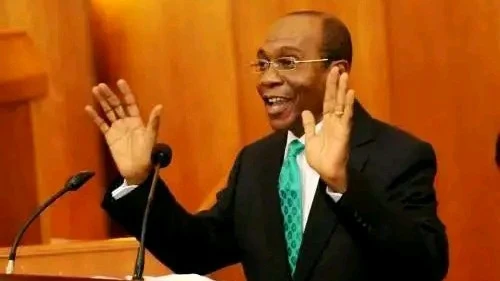By Fatima M. SamboNigeria has suffered significant losses due to foreign exchange (FX) arbitrage over the past three years, totaling N8 trillion. This issue deserves attention as its implications affect everyone. In the first half of last year alone, the Central Bank of Nigeria (CBN) sold $9.2 billion in the market, contributing to an FX subsidy of approximately N3.65 trillion for the year, with arbitrage set at N203/$.
To put the magnitude of N1 trillion injected into the economy into perspective, here are some examples of what it could achieve:
1. The cost of the Lekki deep sea port was less than N1 trillion, highlighting the potential for infrastructure development.
2. With N1 trillion, health insurance coverage could be provided for 60 million Nigerians, ensuring access to vital medical services.
3. The purchase of 25 tractors at a cost of N50 million each for every local government in Nigeria would enhance agricultural productivity.
4. The Zungeru power project, which generates 700MW, required less than $1.5 billion, demonstrating that N1 trillion could contribute to expanding the country's power infrastructure.
5. Through public-private partnerships with property developers, N1 trillion could be utilized to construct 100,000 homes, addressing the housing deficit.
6. Allocating N1 trillion to upgrade 5,000 secondary and tertiary hospitals across Nigeria, even at a cost of 200 million per hospital, would greatly enhance healthcare infrastructure.
7. By investing N10 billion per university, the infrastructure deficit in 100 universities could be addressed, improving educational facilities.
8. Constructing 5 Lagos-Ibadan expressways nationwide would be possible with N1 trillion, improving transportation infrastructure.
These examples illustrate that diverting such significant funds towards productive endeavors could have a transformative impact on the country. By focusing on skill acquisition, job creation, and expanding the economy, Nigeria cannot rely solely on subsidies to achieve prosperity.
It is crucial for policymakers, regulators, and stakeholders to address the issue of FX arbitrage in order to mitigate losses and redirect resources towards developmental projects. A sustainable and transparent approach to foreign exchange management is essential to foster economic growth, attract investments, and create a conducive business environment.
By tackling FX arbitrage and utilizing funds effectively, Nigeria can unlock its true potential, promoting economic diversification, reducing poverty, and improving the overall standard of living for its citizens.
Tags
News

